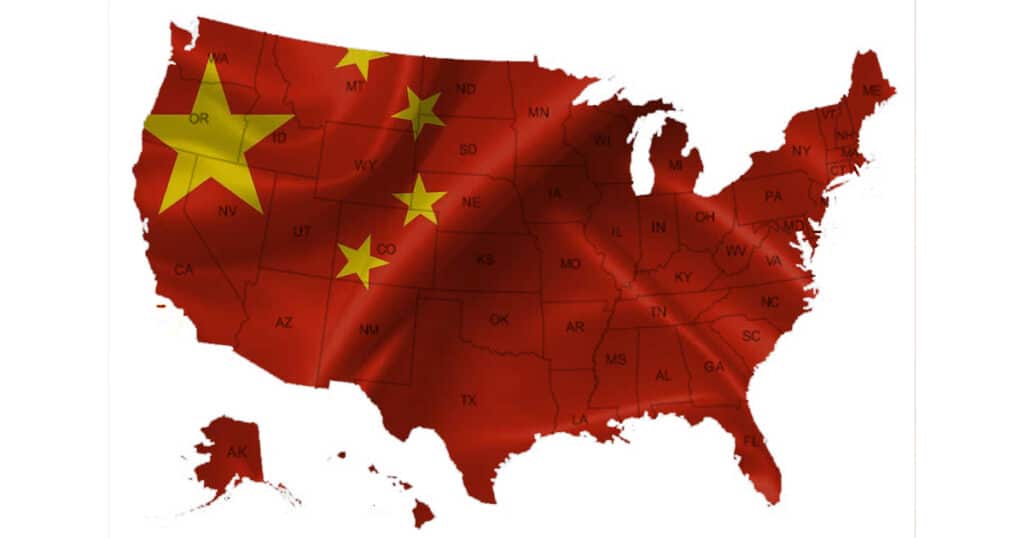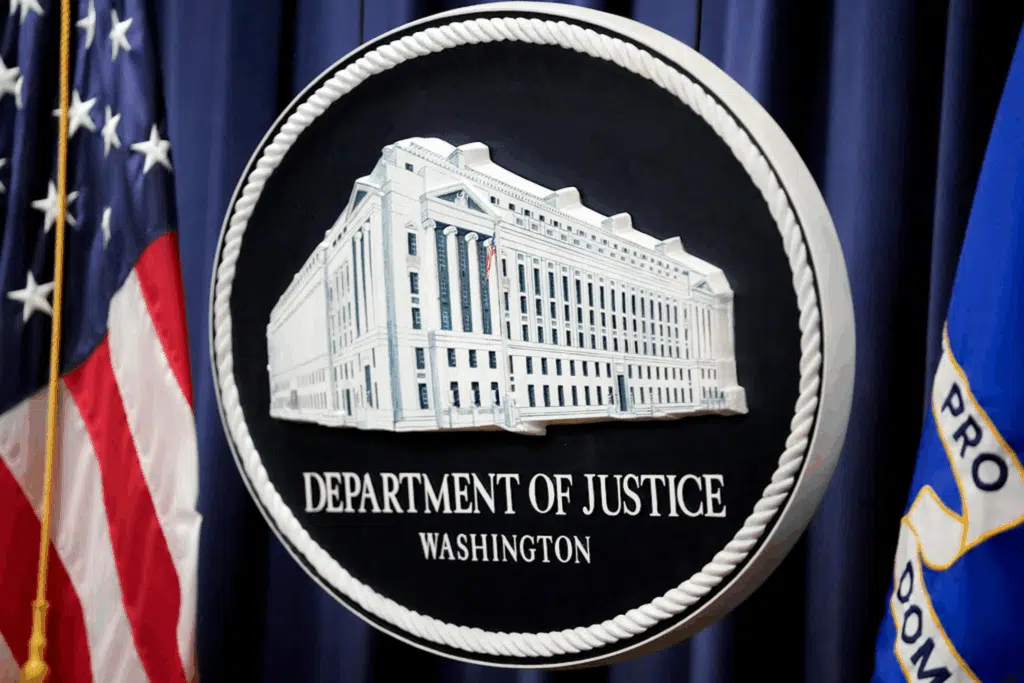
Report: China is fueling US fentanyl crisis and U.S. isn’t stopping it
The People’s Republic of China under the leadership of the Chinese Communist Party “is the ultimate geographic source of the fentanyl crisis in the U.S.,” a new U.S. House report details.
The U.S. House Select Committee on the Strategic Competition Between the United States and the Chinese Communist Party published the new report this week reiterating the findings of a 2020 Commission on Combating Synthetic Opioid Trafficking report, co-led by U.S. Sen. Tom Cotton, R-Ark. In 2020, Cotton made the same arguments that China is the key supplier of synthetic opioids to the U.S.
Fentanyl precursors are produced and shipped from China to Mexican ports where Mexican cartels manufacture fake prescription pills to look like real ones and lace them and other drugs with fentanyl. Mexican cartels, their operatives and gang affiliates then smuggle the illicit drugs across the US-Mexico border, fueling the opioid crisis, law enforcement officials told The Center Square.
“The fentanyl crisis is one of the most horrific disasters that America has ever faced,” committee chairman Mike Gallagher, R-Wisc., and Ranking Member Raja Krishnamoorthi, D-Ill., said in a statement. “On average, fentanyl kills over 200 Americans daily, the equivalent of a packed Boeing 737 crashing every single day.”
Fentanyl is the leading cause of death for Americans between the ages of 18 and 45, with children under 14 dying from fentanyl poisoning at a faster rate than any other age group in the U.S., The Center Square reported.
After a several month-long investigation, the committee identified several ways China and the CCP were facilitating the fentanyl crisis. China “directly subsidizes the manufacturing and export of illicit fentanyl materials and other synthetic narcotics through tax rebates” to incentivize international synthetic drug sales, the report states; many of the substances are illegal in China and have no known legal use worldwide.
China also awarded monetary grants to companies “openly trafficking illicit fentanyl materials and other synthetic narcotics” with government officials praising them for “their impact on the provincial economy.”
Additionally, China holds ownership interest in several companies tied to drug trafficking, including “a publicly traded PRC company hosting thousands of instances of open drug trafficking on its sites;” doesn’t prosecute fentanyl and precursor manufacturers; its security services don’t cooperate with U.S. law enforcement; and Chinese organized criminal groups are engaging in a massive money laundering scheme, the report states.
Last November, China publicly acknowledged trafficking of fentanyl precursors and other illicit narcotics materials is illegal. However, the committee argues thousands of Chinese companies are openly selling them on the Chinese internet, “the most heavily surveilled country-wide network in the world,” and the CCP isn’t stopping it.
The committee’s solution is to create another task force, provide statutory authorities to law enforcement and intelligence officials, strengthen sanction authorities, enact trade and customs enforcement measures, and close regulatory and enforcement gaps.
Cotton last year introduced several bills to address the Chinese threat including stripping China of its Permanent Normal Trade Relations status, securing U.S. maritime data from the CCP, countering China’s political warfare and banning the CCP’s access to U.S. military students, among others. The bills went nowhere in the Democratic-controlled Senate.
International law, national security law expert and former active-duty Navy JAG attorney Jonathan Hullihan told The Center Square that Congress could amend the Jackson-Vanik Amendment, or any other applicable law, to require China to halt the manufacturing and shipment of fentanyl precursors to Mexico.
Hullihan has long warned about the threats posed by China, supporting a law in Texas that would have banned foreign nationals from countries named national security threats, including China, from buying Texas land. The bill, filed by state Sen. Louis Kolkhorst, R-Brenham, passed in the Texas Senate but was blocked by state Rep. Todd Hunter, R-Corpus Christi.
Hunter blocked it after a U.S. Air Force report, a Johns Hopkins University professor, the FBI and others raised concerns about Chinese influence tactics being used against Americans. In Texas, the tactics were used to propagate a narrative against Kolkhorst’s bill, The Center Square exclusively reported. One of the Chinese platforms identified in a report on Chinese tactics had posted an article about the bill published by The Center Square.
Since January 2021, the greatest number of Chinese nationals have illegally entered the U.S. in history, raising nationals security concerns, The Center Square reported. The majority are illegally entering in California including, most recently, a man who broke into a Marine Corps base.
Congress stripping China of its MFN “is long-overdue,” Hullihan told The Center Square. “But what would be even more impactful is providing additional terms to require China to halt the manufacturing and shipment of fentanyl precursors to Mexico if China ever wants to have MFN status again. This would have a direct impact on the fentanyl crisis by cutting off the cartels’ supply. The U.S. has had a history of telling China to crack down on fentanyl distribution, but it hasn’t been effective.”



